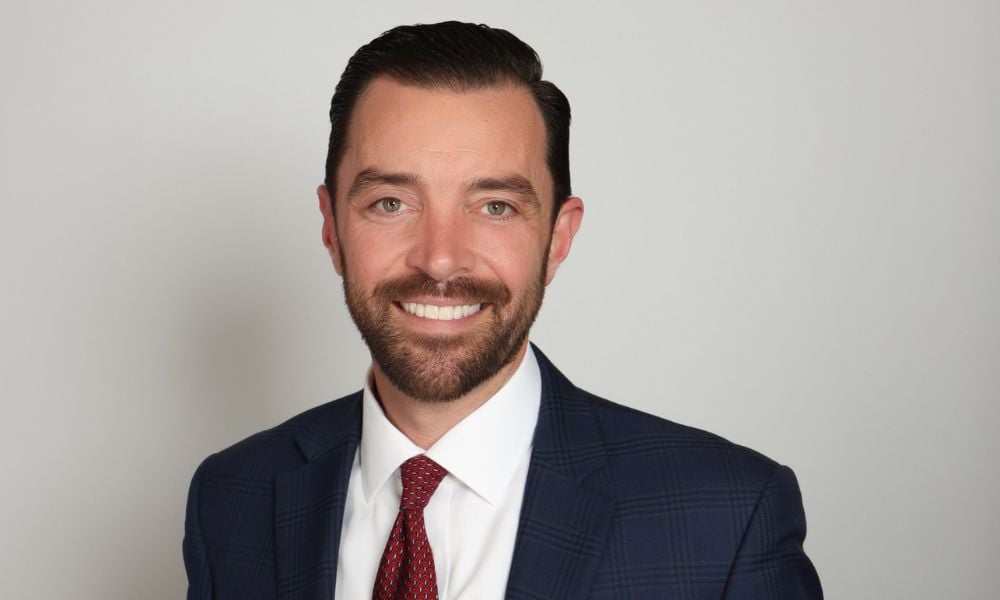

The giant hybrid registered investment advisor Wealth Enhancement Group, with $72 billion in client assets, last month revised its fee structure, increasing the high end the firm may charge clients for annual consulting to $50,000 from $25,000.
According to its Form ADV filed August 23 with the Securities and Exchange Commission, the increase is for Wealth Enhancement Group’s “flat-rate consulting fee.”
Most Wealth Enhancement Group clients pay an advisory fee, and there were no changes in the firm's advisory fee schedule. A small percentage of the firm's clients are charged the consulting fee.
The change at Wealth Enhancement Group, which does business as an RIA with the name Wealth Enhancement Advisory Services, comes at a time when the broad financial advice industry and advisors are facing pressure to offer clients more services at a better price. Based in suburban Minneapolis and with a network of 85 offices, Wealth Enhancement Group recently has been a leading buyer of wealth management firms.
“Ongoing Financial Consulting Services are designed to help clients address their financial future,” according to the ADV. “Regular reviews of the client’s financial situation and financial goals shall be provided in frequency determined by the [Wealth Enhancement Group] financial advisor and the client.”
“The fee for services is agreed upon at the time of engagement,” according to the filing. “The hourly fee varies in a range up to $600, depending upon the complexity of services. The flat fee ranges from $250 to $50,000. The hourly or flat fee will be agreed upon at the time of engagement.”
A spokesperson for Wealth Enhancement Group declined to comment about the change in the upper range of the flat-rate financial consulting fee.
Financial advisors and industry observers saw the increase as the result of the expansion of services large firms like Wealth Enhancement Group offer.
“As RIAs and advisors expand to work with higher net worth clients and start to offer more of a family office service model, financial consulting fees should rise in tandem with the complexity of the client’s situations,” said Kay Lynn Mayhue, president of Merit Financial, another hybrid RIA.
“High-net-worth clients with more complex financial planning profile require more solutions,” said Vance Barse, founder and wealth strategist, Your Dedicated Fiduciary.
“Clients and cohorts are willing to pay for the advice and implementation of those services,” he said, adding that putting into place various kinds of trusts requires expertise and consumes time for the financial advisor as well as the client.
“RIAs will continue to be more flexible on fees based on services they provide than brokerage firms,” said Danny Sarch, an industry recruiter. “That includes legal work to estate planning. It runs the gamut.”
“At the same time, clients increasingly want more flexibility on fees, with some customers looking to pay by the hour, as opposed to paying 1% on total assets,” he said. “Those clients are thinking, why should I pay my financial advisor differently from my attorney?”

Canadian stocks are on a roll in 2025 as the country prepares to name a new Prime Minister.

Two C-level leaders reveal the new time-saving tools they've implemented and what advisors are doing with their newly freed-up hours.

The RIA led by Merrill Lynch veteran John Thiel is helping its advisors take part in the growing trend toward fee-based annuities.

Driven by robust transaction activity amid market turbulence and increased focus on billion-dollar plus targets, Echelon Partners expects another all-time high in 2025.

The looming threat of federal funding cuts to state and local governments has lawmakers weighing a levy that was phased out in 1981.
RIAs face rising regulatory pressure in 2025. Forward-looking firms are responding with embedded technology, not more paperwork.
As inheritances are set to reshape client portfolios and next-gen heirs demand digital-first experiences, firms are retooling their wealth tech stacks and succession models in real time.
